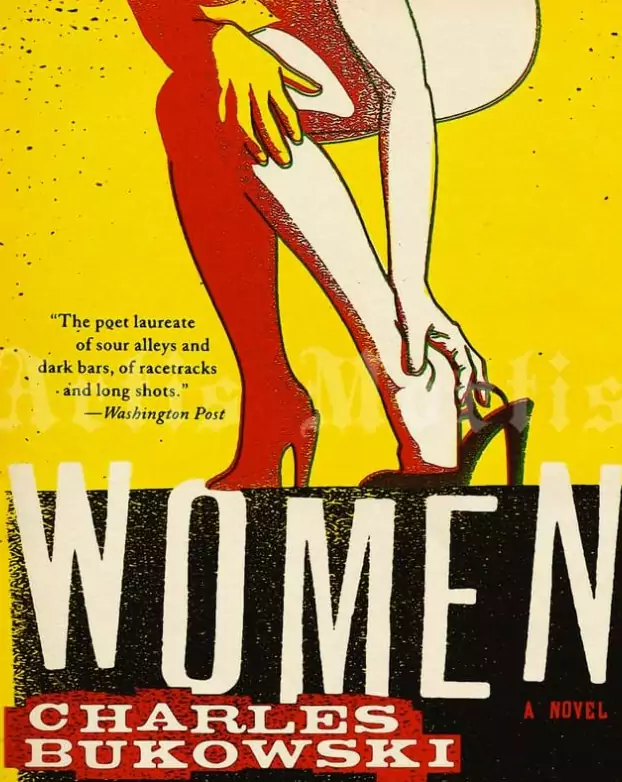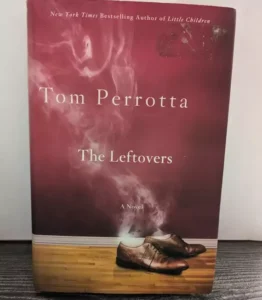
“Humanity, you never had it from the beginning. That was my motto.” – Henry Chinaski
Women by Charles Bukowski reintroduces a recurring, yet hardly beloved character in Bukowski’s works, Henry Chinaski. Chinaski established himself in Factotum, Post Office, and Ham on Rye as an alcoholic, aspiring writer who can not keep a job or a girlfriend for longer than a couple days. In Women, Chinaski has finally found success as a writer and a poet, but continues his self-destructive ways with women and alcohol, finding only temporary satisfaction in both. As the main character puts it himself “I was drawn to all the wrong things: I liked to drink, I was lazy, I didn’t have a god, politics, ideas, ideals. I was settled into nothingness; a kind of non-being, and I accepted it. I didn’t make for an interesting person. I didn’t want to be interesting, it was too hard.”
True to the title, Women focuses on the parade of females through Chinaski’s life, and the love and beauty, yet ultimate disappointments and dissatisfactions they bring. From Lydia, his hometown, on-again-off-again lover and abuser, to Joanna, a fan of good art and sex, to Tammie, a young beauty who is more wild and drug addled than Chinaski himself, his constant carousel of women provide Chinaski with short glimpses of love and partnership, but with no nurturing from his end and with his insatiable hunger for alcohol and new women, these romances are just differing degrees of short lived sexual forays.
Full of his signature, simple prose and dark honesty and humor, Bukowski does not dull any edges of this seemingly autobiographical account of booze filled nights repeatedly turning into hungover mornings next to rotating women. The book borders on offensive with heavy doses of vulgarity and misogyny as Chinaski falls into a repetitive loop of poetry readings, drunkenness, and new women. In truth, the book offends due to it’s unabashed, unashamed realism. The true beauty in Bukowski’s works lie in the depressing yet heartful descriptions of unfulfillment and dissatisfaction.
“Human relationships didn’t work anyhow. Only the first two weeks had any zing, then the participants lost their interest. Masks dropped away and real people began to appear: cranks, imbeciles, the demented, the vengeful, sadists, killers. Modern society had created its own kind and they feasted on each other. It was a duel to the death–in a cesspool.”
After years of playing starving artist and working his way through countless bottles and women in Bukowski’s other novels, Chinaski has finally found fame and success, but with it, only more empty bottles, more temporary women, and more dissappointments.
Like Chinaski himself, this novel sends unmistakable hints of love and tenderness, only to repeatedly and expectedly offend and disappoint, painting an all too realistic picture of love lost. Though the descriptions of sexual conquests and drug binges may shock at first before turning repetitive and even dull, the musings of the main character when he is thinking clearly are quintessential Bukowski, finding beauty and having continuous hope in life despite what continues to be confirmed as a meaningless existence.


